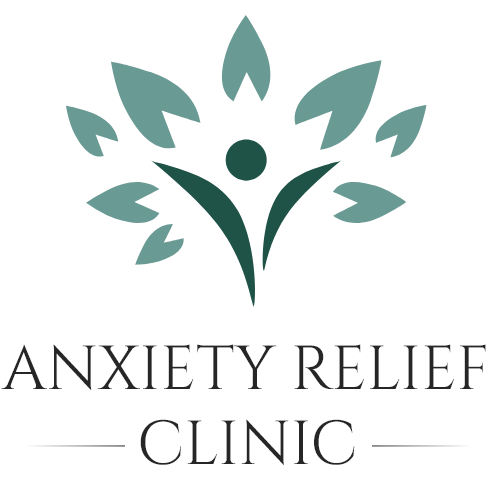Grinding your teeth accompanied by quiet tears, as you fail to control your repetitive actions, such as excessive handwashing, cleaning, ordering, and arranging your belongings, and praying repetitively in silence to soothe your restless mind and reduce anxiety, all these are not your bizarre habit but OCD.
OCD, Obsessive Compulsive Disorder, is not just being neat and organized; it is more than that.
Those intrusive, unwanted, and uncontrolled thoughts and images not only cause distress but also inner mind battles that are enough to ruin the flow of life and restrict happiness.
But, there is some good news, OCD is treatable. Moreover, you can have the best medication for OCD covered by insurance when you choose the right insurance plan for OCD treatment.
A Simplified Guide to Picking an Insurance Plan for OCD Treatment
In this blog, we will unfold how you can beat OCD with personalized, evidence-based treatment plans tailored to your needs, followed by medication management, and specialized care with no financial stress by choosing the right insurance plan for OCD treatment. Let’s get started.
Know Your Treatment Requirements:
Before you invest your hard-earned cash in any insurance for OCD treatment, you need to know what kind of OCD treatment and care plan you require.
Is it Cognitive Behavioral Therapy or Exposure and Response Prevention? Do you need prescriptions? Does your insurance consider your chosen clinic in-network?
What will be the deductible amount that you need to pay out of your pocket? Do you require an in-network psychiatrist or psychologist for your OCD treatment?
The level of care you will need during the treatment. All these will impact your choice of insurance for OCD treatment.
Review the Mental Health Parity Compliance:
This is important. Your insurance must adhere to the mental health parity compliance (under the MHPAEA) so that you can get therapy and sessions under your OCD treatment plans fairly, with less financial stress (with less out-of-pocket cost).
Know about Types of Insurance:
Be smart when choosing insurance for your OCD treatment. Compare the plans along with their flexibility and cost.
You will come across an array of insurance plans, including Employer-Sponsored Plans, ACA Marketplace Plans, Medicaid, Medicare, and PPO insurance plans, and choose one wisely according to your preference of OCD specialist, clinic, and deductible convenience.
Understand Available Insurance Plans Based on Your State:
Insurance options vary according to the state you are living in. So, you need to check your state’s insurance rules, and available insurances that provide the best medication coverage for OCD treatment, and also you need to find an in-network OCD clinic and specialist to incur the maximum benefits.
For instance, health insurance plans like Anthem BlueCross, Optum, and UnitedHealthcare cover in-network OCD clinics only in the State of California, while Aetna insurance covers in-network OCD clinics in states like California, Colorado, Florida, New York, and Washington.
So, you have to make this concept clear before picking your insurance (HMO, EPO, or PPO plans) to cater to OCD treatment needs.
Other Essential Points You Need to Consider
- The coverage details of your insurance plan, including the in-network providers, the number of sessions allowed for therapies/visits, ERP/CBT coverage limit, medication coverage, deductibles, co-pays, etc.
- Compare the plans to gauge the out-of-pocket costs.
- Check whether your plan requires preauthorization or not.
Last but not least, roll your eyes at the reviews of the insurers. Remember, the reputation of the insurer matters to receive the maximum against your insurance investment.
Before Wrapping Up
If you are already undergoing OCD treatment, then it is recommended to ask your OCD clinic or OCD-specialized psychiatrist about the insurance plan they accept. This way, you can sign up for the best insurance and get the best medication for OCD covered by insurance, and save your pocket as well. Importantly, you should prioritize your access to a thoroughly trained, licensed, and professional OCD psychiatrist over choosing a low insurance premium. After all, your mental health is the greatest wealth, and you should take care of it above all.









